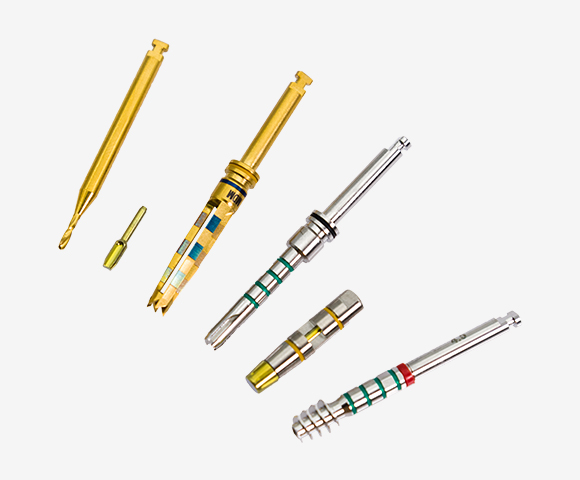

In case of postmeningitis ossified cochlea, results potentially reach those of cochlear implants. Auditory Brainstem Implant (ABI) is the surgically implantable device that directly stimulates the cochlear nucleus of the auditory system bypassing the cochlea and cochlear nerve. These results show a clear benefit of ABI in NF2 patients, with or without previous tumor removal, in case of small tumor with a short duration of hearing loss. In cases of postmeningitis total deafness with totally ossified cochlea, results demonstrate a good benefit reaching these obtained with cochlear implant in post-meningitis deafness. Negative prognostic factors are duration of total hearing loss (>10 years), tumor size (>30 mm), difficulties in electrode array placement, complications during post-operative course and number of active electrodes (<10). It is used to restore hearing sensation in patients for whom a cochlear implant (CI) is not effective and/or applicable.

In NF2 patients, best results are obtained in cases of smaller vestibular schwannoma and none, or short term, auditory deprivation. The multichannel auditory brainstem implant (ABI) is a surgically implanted neuro-prosthetic device developed to electrically stimulate auditory neurons of the cochlear nucleus complex (CNC) bypassing the auditory nerve. The auditory perception with the ABI is evaluated by testing, the words recognition in open-set lists, and the speech understanding with usual sentences. It is a non-cancer tumor in the nervous system most commonly located along the auditory nerve that allows for hearing. The auditory brainstem implant (ABI) is an auditory sensory device that is surgically placed on the cochlear nucleus of the brainstem for individuals who are deaf but unable to benefit from a cochlear implant (CI) due to anatomical abnormalities of the cochlea and/or eighth nerve, specific disease processes, or temporal bone fractures. A translabyrinthine or retrosigmoid approach is performed, depending on tumoral or not tumoral status. The pre-operative evaluation includes clinical, radiological, lipreading, and psychological status. Emergent indications are bilateral total ossified cochlea, vestibular schwannoma with controlateral lesions, cochlear nerve aplasia or inner ear's malformations. To summarize the indications and evaluate the Auditory Brainstem Implant (ABI) performances in neurofibromatosis type 2 (NF2) and other otologics indications, as postmeningitis ossified cochlea.


 0 kommentar(er)
0 kommentar(er)
